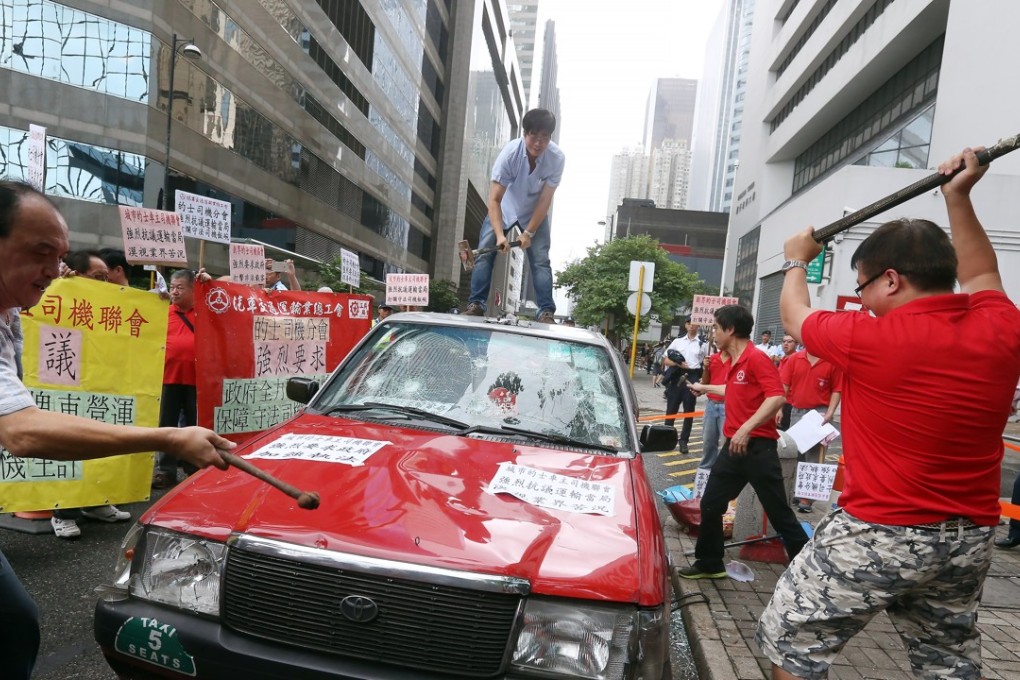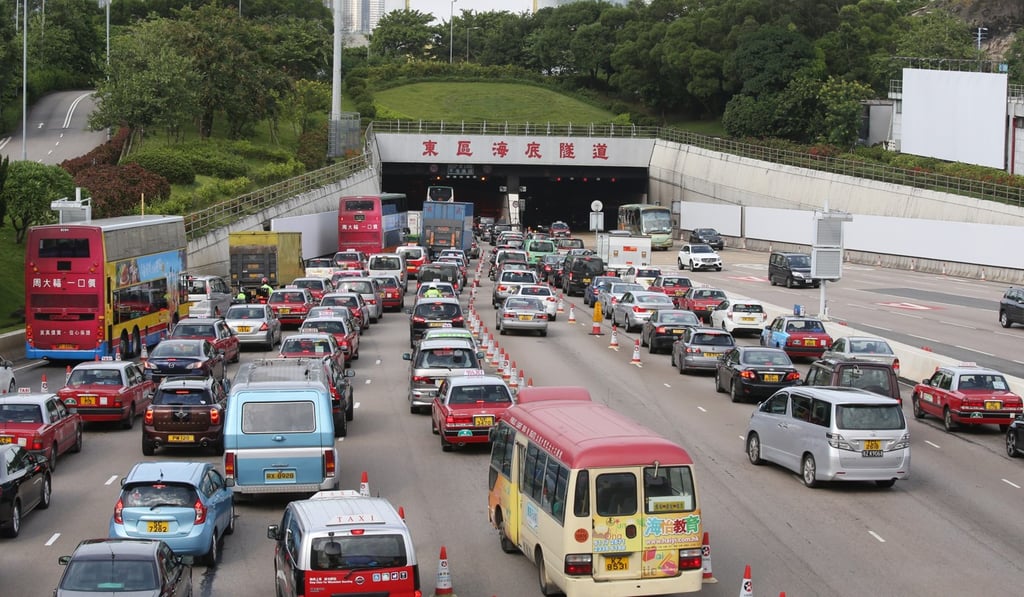How wealthy Hong Kong can tackle vested interests with ‘chequebook reform’
N. Balakrishnan says that, with political consensus difficult to achieve, Hong Kong could leverage its bountiful reserves and try the time-tested method of using money to advance the greater good

Hong Kong has plenty of tools at its disposal that can be used to initiate, speed up or implement drastic reforms. One is money, and the government has plenty of it.
Hong Kong’s problems by and large stem from institutionalised vested interests
There are many precedents. Britain “abolished” slavery in 1807 but its parliament was full of “slave” vested interests that delayed implementation until 1833. The government could implement the “emancipation” only after it granted compensation of £20 million to the slave owners – billions in today’s money – achieving reform by rewarding the bad guys and vested interests.
US President Donald Trump blames Democrats as health care bill fails
The US, in fact, has institutionalised using money to bring about reforms. It is common for the federal government to mandate “targets” in everything from health care to education for state governments to implement, and give federal grants only to those that meet these “targets”.
Hong Kong should use the advantages it has, whether or not it is morally superior
The cross-harbour tunnel operators would be more than happy to take billions and invest it elsewhere. The government could then finally rationalise the various tunnel fees, and at least ease the Central and Wan Chai gridlock.
